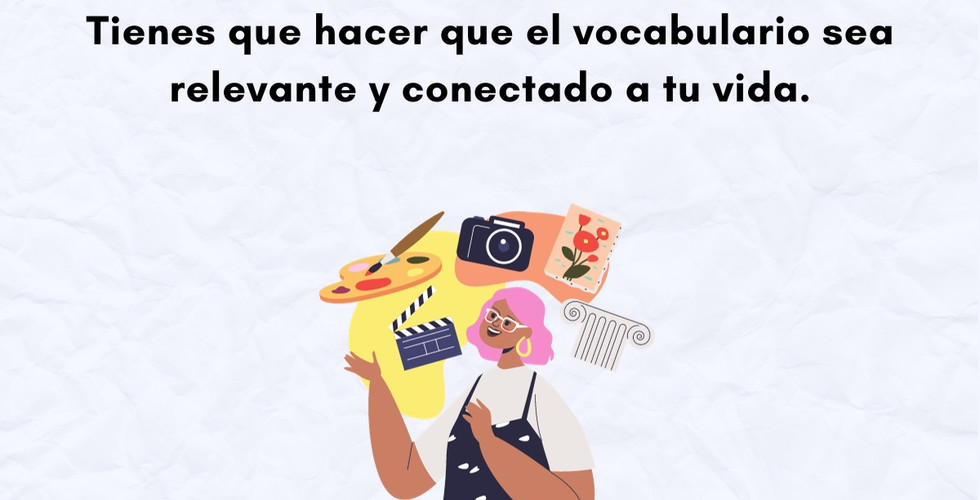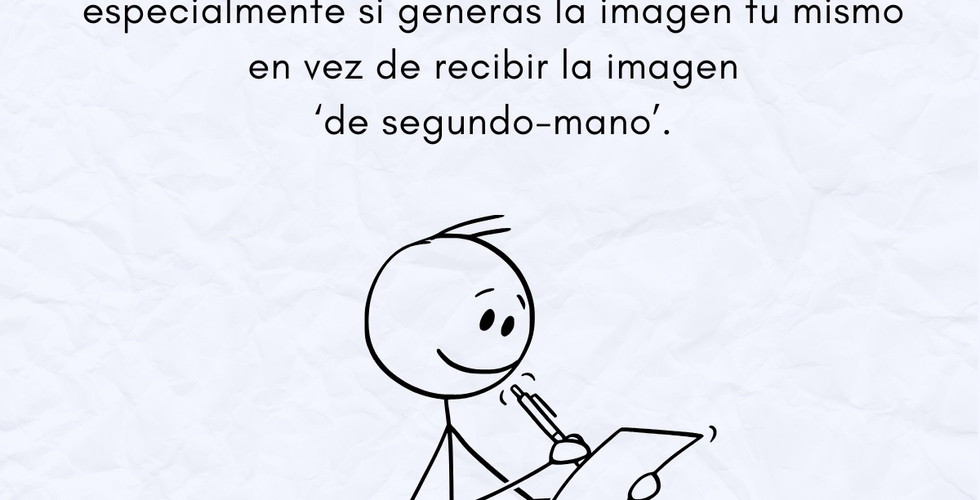The following text has been adapted, with permission, from Scott Thornbury's 'How to Teach Vocbaulary'.
To be good at English you don’t just need to learn a lot of words, but to remember them. In fact, in many ways learning is remembering. Unlike the learning of grammar, which is essentially a rule-based system, vocabulary knowledge is mostly about accumulating individual items. There aren’t many shortcuts in the form of generative rules: It is essentially a question of memory.
The following is a list of strategies, based on scientific research, which will help you memorise vocabulary.
Repetition: The classic way of ‘memorising’ new material is through repeatedly using it and reviewing it. However, simply repeating an item doesn’t have much long-term effect unless you ‘organise’ the material at the same time (see below). However, one kind of repetition that is very important is the repetition of encounters with a word. It has been estimated that, when reading, you have a good chance of remembering words if you see them at least seven times over ‘spaced intervals’ (see below)
Retrieval: Another kind of repetition that is crucial is what is called the retrieval practice effect. This means, simply, that the act of retrieving a word from memory makes it more likely that you will be able to recall it again later. Activities, which require retrieval, such as using the new word in written sentences, ‘oil the path’ for future recall. The more a word is retrieved, the easier and faster it is to retrieve later on.
Spacing: It is better to distribute memory work across a period of time than to mass it together in a single block. This is known as the principle of distributed practice. This applies both in the short term and the long term. When learning a new set of words, for example, it is best to present the first two or three items, then go back and test these, then present some more, then go back again, and so on. As each word becomes better learned, the testing interval can gradually be extended. The aim is to test each item at the longest interval at which it can be reliably recalled.
Use: Putting words to use, preferably in some interesting way, is the best way of ensuring they are added to long-term memory. It is the principle popularly known as “Use it or lose it”. You can ‘use’ words in the following ways:
Identifying words (in reading or listening)
selecting a word (maybe as an ‘odd one out’ of a set, as a favourite, least favourite in a list)
matching (with a picture picture, with a synonym, with an antonym, etc.)
sorting (categorising words into positives, negatives, etc.)
ranking and sequencing (putting words into some kind of order or scale)
producing (in gap fills and multiple choice exercises)
creation (using new words in speaking or writing, making context sentences, etc)
Decisions: The more decisions you make about a word, and the more cognitively demanding these decisions, the better the word is remembered. For example, a relatively superficial judgement might be simply to match a word with another word that rhymes: e.g. “thigh/bye”. A deeper level decision might be to decide on its part of speech (Is it a noun, adjective, verb, etc?). The deepest decision you can make is to use it in a complete sentence.
Personalisation: The judgements that you make about a word are most effective if they are personalised. If you say a word out loud, you will remember it better than reading it in silence. If you make up your own sentences containing the new vocabulary, and then read them out aloud, you will remember it even better. Similarly, if you actively choose the words and phrases that you want to learn, instead of passively waiting for a teacher to tell you what to learn, you will remember the vocabulary more effectively.
Visualisation: One of the most effective ways to memorise vocabulary is to associate it with images. If you associate a picture with a new word or phrase, then you have a good chance of remembering it, especially if you generate the image yourself, rather than get it ‘second-hand’.
Attention: Contrary to popular belief, you can’t improve your vocabulary in your sleep, simply by listening to a tape. Some degree of conscious attention is required. If you pay conscious attention while studying vocabulary, you will be able to remember it more easily later.
Emotion: Words that trigger a strong emotional response are more easily recalled than ones that don’t. This explains why many learners seem to find it easy to remember swear words (bad words), even if they’ve only heard them a couple of times. Emotional information is remembered along with intellectual data and so plays an important role in how words are stored and recalled. In other words, if you can make emotional judgements about new vocabulary as well as make emotional decisions about the vocabulary, you will be able to remember it more easily. When recording vocabulary with context sentences and images, you should use ones that evoke some kind of emotion. You can also ask yourself: Do I like the sound and look of the word? Do I like the thing that the word represents? Does the word evoke any pleasant or unpleasant associations?

































































Comments